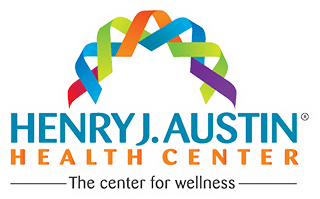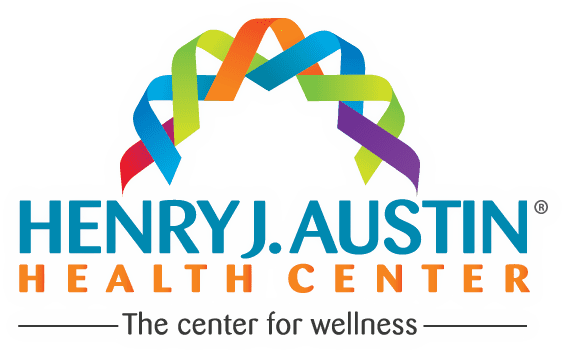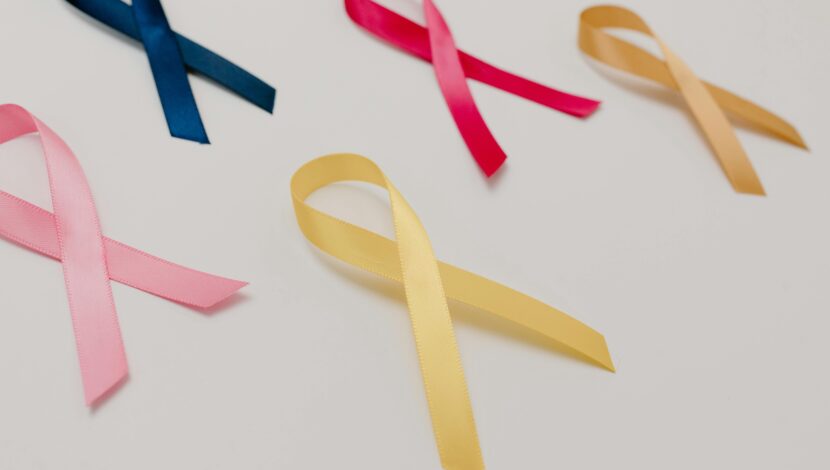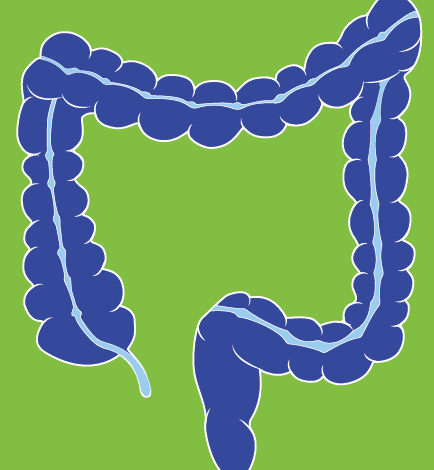The LGBTQ+ community faces a big problem when it comes to getting healthcare. During Pride Month, people try to raise awareness and provide resources to help LGBTQ+ individuals get the care they need, in a way that respects their sexual orientation and gender identity.
Pride Month is celebrated in June each year to honor the Stonewall riots of 1969. At that time, the police targeted the Stonewall Inn Bar because it served members of the LGBTQ+ community. But the LGBTQ+ activists fought back, and their message of acceptance for everyone, no matter who they are or where they come from, is still important today.
While the LGBTQ+ community has made progress since then, there are still many challenges. For example, one out of every ten LGBTQ+ people says that a healthcare professional refused to see them in the last year, because of discrimination. This is why community health centers like Henry J. Austin Health Center (HJAHC) are so important. They provide healthcare to underserved populations, including the LGBTQ+ community. These centers are critical resources for LGBTQ+ individuals who face barriers to healthcare because of discrimination, lack of insurance, and limited access to providers who are culturally competent in providing care to LGBTQ+ individuals. At HJAHC, LGBTQ+ people can get quality care in a safe and welcoming environment that respects their sexual orientation and gender identity.
In addition to medical care, HJAHC also helps LGBTQ+ individuals with their mental health and wellness. The Behavioral Health team at the Center is there to support those who may be feeling social isolation, trauma, or discrimination. They offer a welcoming and inclusive environment where LGBTQ+ individuals can connect with others and access resources and support.
If you’re an LGBTQ+ individual in need of healthcare services, you can call 609-278-5900 or visit www.henryjaustin.org/services to schedule an appointment. Let’s celebrate Pride Month by working together to reduce health disparities and improve the overall health and well-being of LGBTQ+ individuals.





